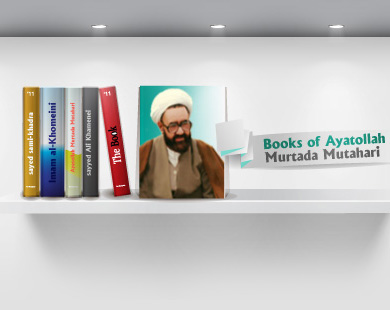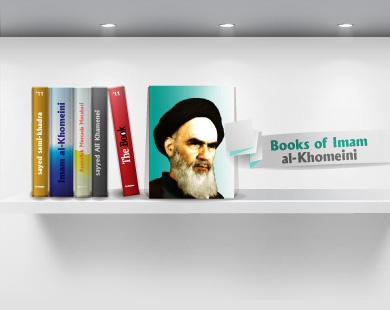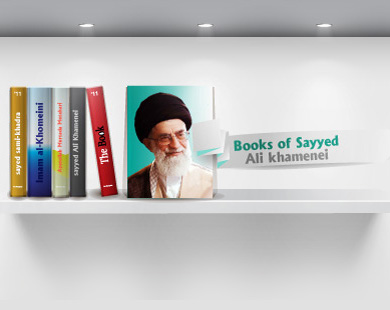We learn from our religious culture that activeness and work are one of life's initials that we cannot leave because when laziness dominates and unemployment is spread in a society, the basics of this society will shake.
We also learn from it the importance of the partnership of all the society members in production efforts in a direct or indirect way. It also inspires the necessity of taking the responsibility of the commitments imposed by the fair islamic law.[1] Hence, laziness, unemployment and dependent life are issues slandered and hardly uglified by our religious teachings. But more, people who depend one others are cursed. Al Imam Mosa Al Kazim (a.s) says:” God cursed a sleepy and silly servant”. [2]
The messenger of God (pbuh) also says:” He is cursed, cursed, who completely depends on people”. [3]
If we browse through history, we will find that God prophets and his righteous guardians (pbuh) were a good idol for hard working and getting their livelihood through their forehead sweat. They gave work a great importance and made its reward greater than the reward of the fighter for the sake of God. Al Imam Ali bin Mosa (a.s) showed this when he says:” He who works to get God’s blessings to satisfy his children’s needs gets a reward greater than the man who fights for the sake of God”.[4]
Therefore, stories that talk about this issue[5] all assure that hard work is one of the traits of God’s righteous prophets and guardians. They consider hard work as a worship and hardly slander unemployment and laziness.
Absolutely, we should take these stories, that encourage hard work, as a manner to be followed in choosing the kind of work that fits us, following the example of God’s righteous prophets and guardians who had activities in different domains such as trading, venturing, agriculture, bred, watering and other activities that they encourage people to practice.[6]
The Art of Managing Living Matters- A Narrational Quranic vision, Al Maaref Islamic and Cultural Institution
[1] Al Subhani, Jaafar: Basic Lines of Islamic Economics (Similar to Islamic Economics), 1st Edition, L., Publications of the Imam Al-Sadiq Foundation (pbuh), for Research and Education, 1378 AH, p. 40.
[2] Ibn Babawayh, Muhammad bin Ali bin Al Hussein (Al-Saduq): Who does not attend the jurist, corrected and commented on Ali Akbar Al-Ghafari, 2nd Edition, Qom Al Maqdisah, the Islamic Publication Foundation of the Teachers’ Group in Qom Al-Muqaddas, 1404 AH, part 3, Kitab Al-Ayyah, Kasab Al-Hajam and its Kahaf , h 3635.
[3] Al Kulayni, Al Kafi, M.S., part 4, chapters on charity, chapter on the adequacy of children..., part 9, p. 12.
[4] Al Kulayni, Al-Kafi, M.S., Part 5, Kitab Al-Ayyah, Chapter of the Toil of His Families, part 2, p. 88.
[5] Al Kulayni, Al-Kafi, M.S., Part 5, Kitab Al-Ayyah, Chapter: What is Obligatory to Follow the Imams (pbuh), pp. 73-77.
[6] M.N.




















